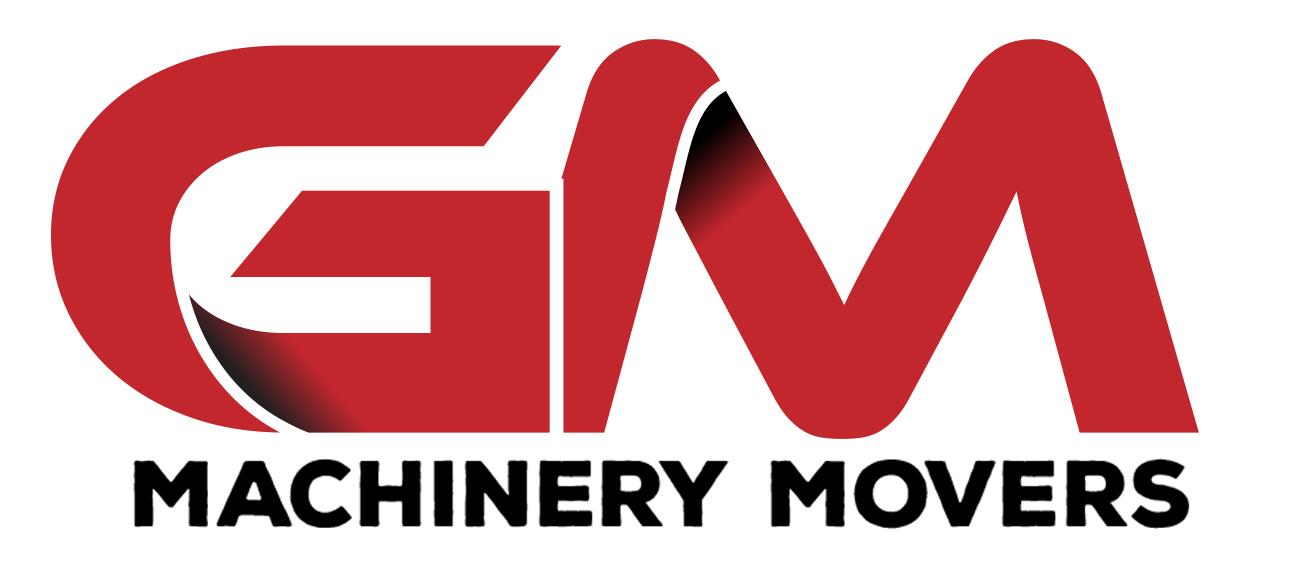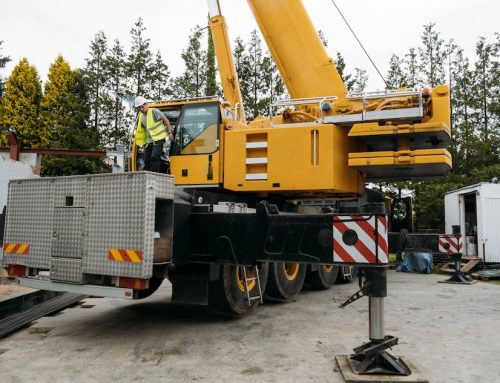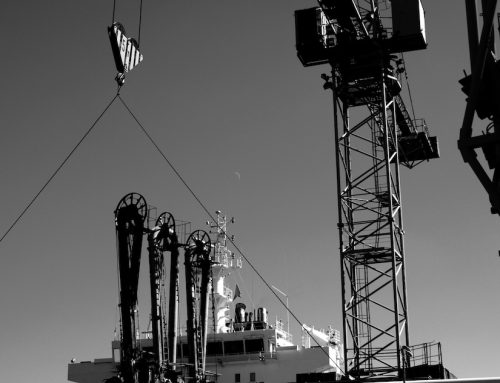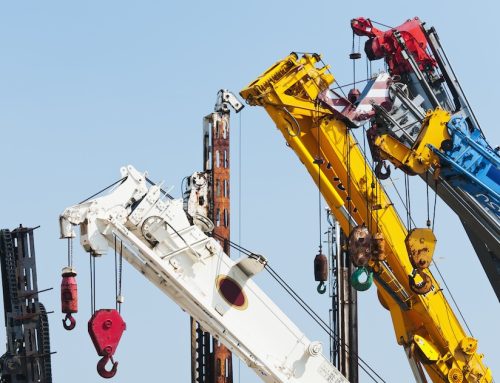Types of Heavy Machinery Movers Explained
When it comes to relocating industrial equipment, there’s no room for guesswork. Moving heavy machinery involves far more than loading a piece of equipment onto a flatbed and calling it a day. Each move must be planned carefully to ensure safe transport, protect valuable assets, and minimize business downtime.
In this guide, we’ll walk through the different types of machinery movers and the roles they play in heavy equipment relocation. If you’re planning a moving project—whether it involves a single CNC machine or an entire production line—knowing which kind of mover to hire is critical.
Why Specialized Machinery Movers Matter
Relocating industrial machinery is a complex job. These machines are often large, heavy, and sensitive. They require precision handling, proper rigging, and the right transportation methods. Hiring professional machinery movers with years of experience is the safest and most efficient way to handle the job.
Experienced teams understand how to move machinery safely and efficiently. They use specialized rigging systems, lifting equipment, and custom trailers to move everything from small presses to oversized turbines. More importantly, they know how to prevent common problems that can lead to damaged equipment, costly delays, or unsafe work conditions.
Full-Service Machinery Moving Companies
Full-service movers manage every aspect of the relocation process. These companies are a top choice when you’re moving multiple machines, relocating an entire facility, or need help with both disassembly and reinstallation. A full-service team typically handles:
- Pre-move site surveys
- Project planning and timeline development
- Machine disassembly
- Specialized rigging and lifting
- Heavy haul transportation
- Reassembly and alignment
This type of mover is ideal when dealing with complex or high-value equipment. They also provide logistical coordination to ensure your moving project stays on schedule and within budget.
For companies relocating across the country or even just across town, working with full-service machinery moving companies can help streamline the process from start to finish.
Rigging Specialists
Rigging is the process of lifting, securing, and moving heavy loads—especially in spaces where large equipment can’t easily be moved with a forklift or crane. Specialized rigging teams use tools like gantry cranes, chain hoists, skates, and jacks to carefully shift heavy equipment. Rigging specialists are essential when:
- Equipment must be lifted vertically in tight quarters
- The floor space is limited or uneven
- Machines need to be positioned with precision
For example, when moving industrial machinery inside a crowded manufacturing plant, a rigging team can lift and transport heavy equipment safely without damaging floors, walls, or nearby systems. Their training helps ensure safe operation under challenging conditions.
Heavy Haul Transporters
Sometimes, moving heavy equipment means going the distance—literally. Whether it’s across town or across state lines, heavy haul movers are responsible for getting equipment from Point A to Point B. These teams are skilled in:
- Coordinating road permits
- Performing route surveys
- Using trailers designed for transporting heavy loads
- Following DOT regulations and safety guidelines
They operate with specialized trailers, including lowboys, extendable flatbeds, and multi-axle setups, depending on the equipment’s weight and size. When the piece of equipment is too large to disassemble or too delicate to break down, this type of mover is your best bet.

Millwrights
A millwright is more than just a mover—they’re also an installer. These professionals specialize in setting up, aligning, and calibrating equipment once it arrives at its new location. Millwright services often include:
- Equipment leveling and anchoring
- Precision alignment using laser systems
- Reinstallation of mechanical and electrical connections
- Vibration testing and performance checks
Millwrights are crucial when working with complex machinery that must be fully functional after being moved. Their role ensures the equipment not only arrives safely but also performs reliably in its new location.
Crane Operators and Lifting Teams
For certain heavy machinery moving projects, a crane is required to lift equipment that can't be rolled or carried out manually. This is especially true when moving machinery in or out of basements, rooftops, or multistory buildings. Crane and lifting services provide:
- Rigging and lift planning
- Load balancing and counterweight calculations
- A wide range of crane types, from mobile to tower cranes
If your moving project involves tall equipment or tight urban spaces, hiring a certified crane operator is essential for both safety and efficiency.
Key Factors in Choosing the Right Machinery Mover
Not every mover is right for every job. Choosing the wrong type of service can result in equipment damage, long delays, or unsafe working conditions. Here are a few questions to help narrow your search:
- Is your equipment extremely heavy or awkwardly shaped?
- Does the equipment need to be moved intact or disassembled?
- How far does the machinery need to be transported?
- Is expert reinstallation needed on-site?
By understanding your project’s specific requirements, you can hire the right type of mover to complete the job safely and efficiently.
Benefits of Hiring Professional Machinery Movers
There are many reasons to hire professionals instead of trying to manage a move with your in-house team. Professional machinery movers bring knowledge, equipment, and a high level of safety to every job.
Let's discuss a few of the biggest benefits:
1. Safety First
Moving heavy machinery without the proper training or tools is dangerous. Professional movers understand load balance, center of gravity, and how to avoid tipping or shifting during transport. Their training reduces the risk of workplace accidents.
2. Cost-Effective
While it might seem cheaper to handle the move yourself, it’s not worth the risk. Equipment damage, employee injuries, or project delays can end up costing far more than hiring experts.
3. Time Savings
Professional movers work quickly because they know the process and have done it many times. This means less downtime for your business and a smoother overall move.
4. Insurance and Liability Coverage
If something goes wrong during a move handled in-house, the cost is entirely on you. Reputable movers carry full insurance to cover your equipment and their crew in case of an accident.
Why Experience Matters in Equipment Moving
Every move is different, and every piece of equipment has unique challenges. That’s why experience is such a valuable asset. Experienced movers know how to:
- Adjust quickly to on-site changes
- Navigate narrow hallways or tight corners
- Dismantle and reassemble machines without causing damage
- Handle unexpected problems like last-minute road restrictions or bad weather
At GM Machinery Movers, we’ve spent years handling every type of moving project. From small plant upgrades to full-scale relocations, our team knows how to get the job done right.
Your Guide to Machinery Moving Success
When you need to move machinery, don’t leave it to chance. Choose the right team for the job, and make sure they have the tools, experience, and training to handle your equipment properly.
Whether your focus is equipment moving, lifting and rigging, or transporting industrial machinery, it’s essential to work with a company that understands the details.
At GM Machinery Movers, we provide full-service solutions for any moving project. With a team of trained professionals, modern equipment, and years of industry experience, we’re here to help you handle every heavy load with confidence.
Contact us today to talk about your next move—and how we can make it smoother, safer, and more successful.
